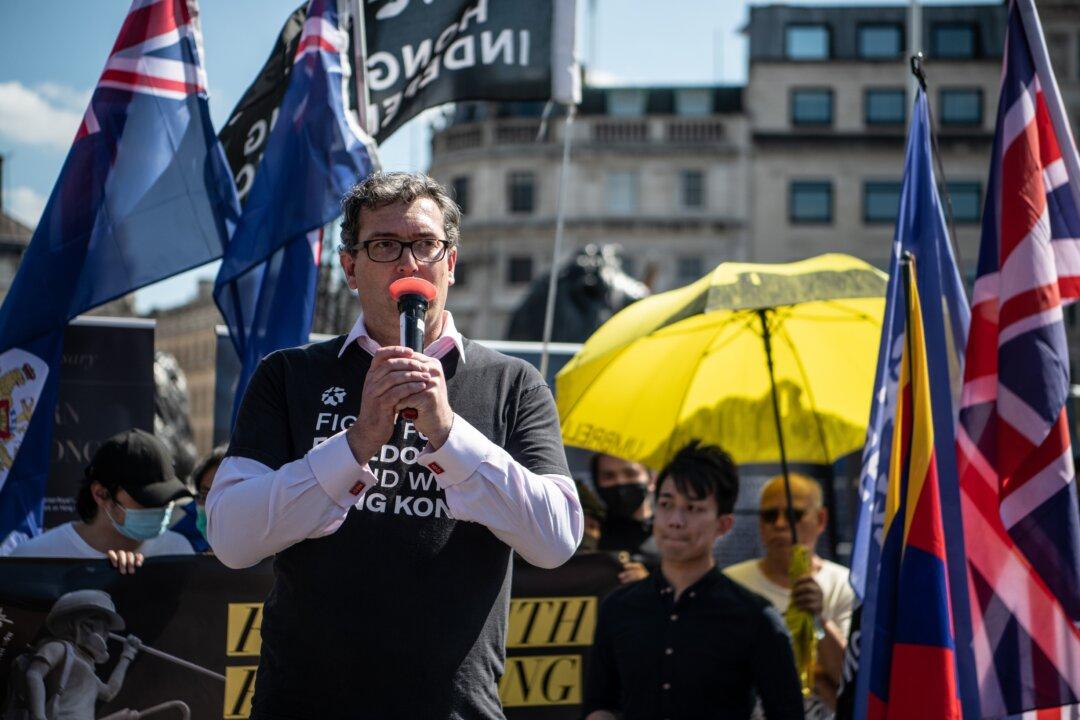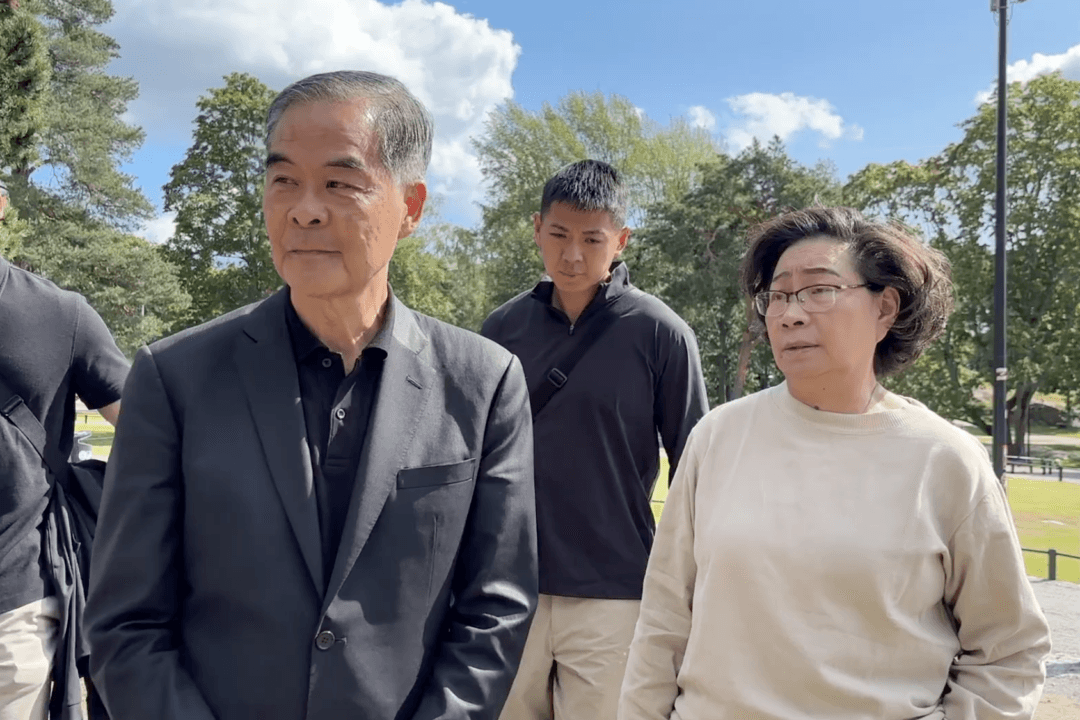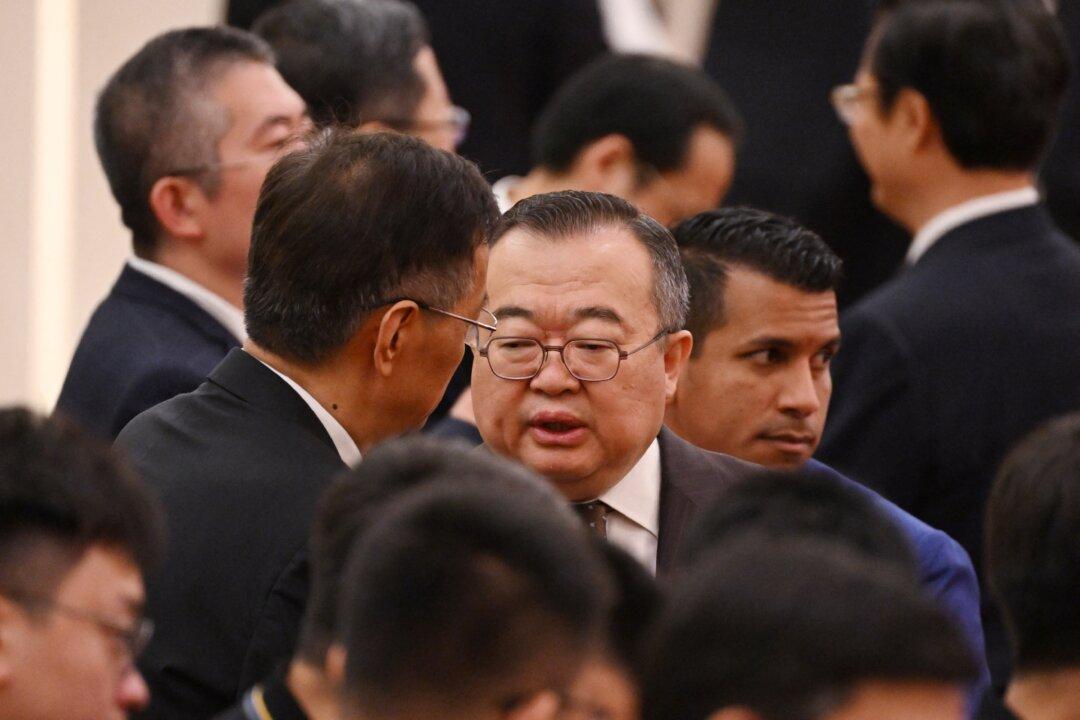Commentary
While the world’s attention remains focused on the Russian invasion of Ukraine, Beijing has seemingly decided to showcase the extraterritorial powers of Hong Kong’s National Security Law (NSL) by targeting a UK-based NGO that acts as a watchdog for the deterioration of civil rights in Hong Kong.





